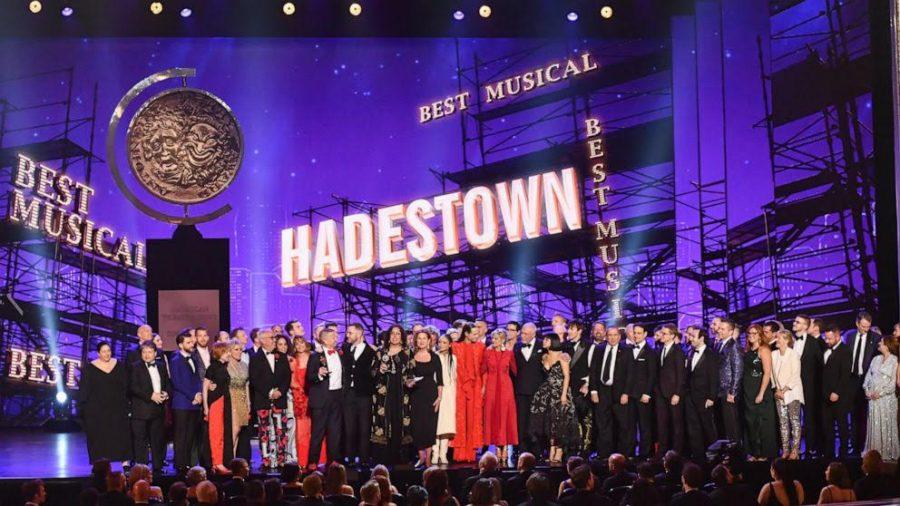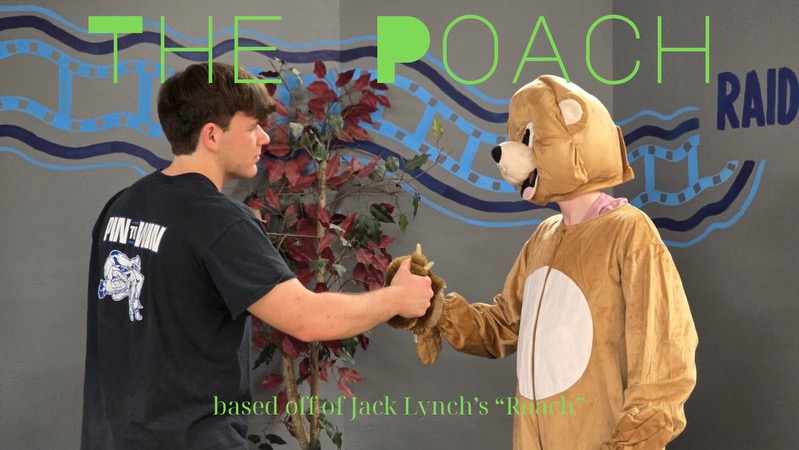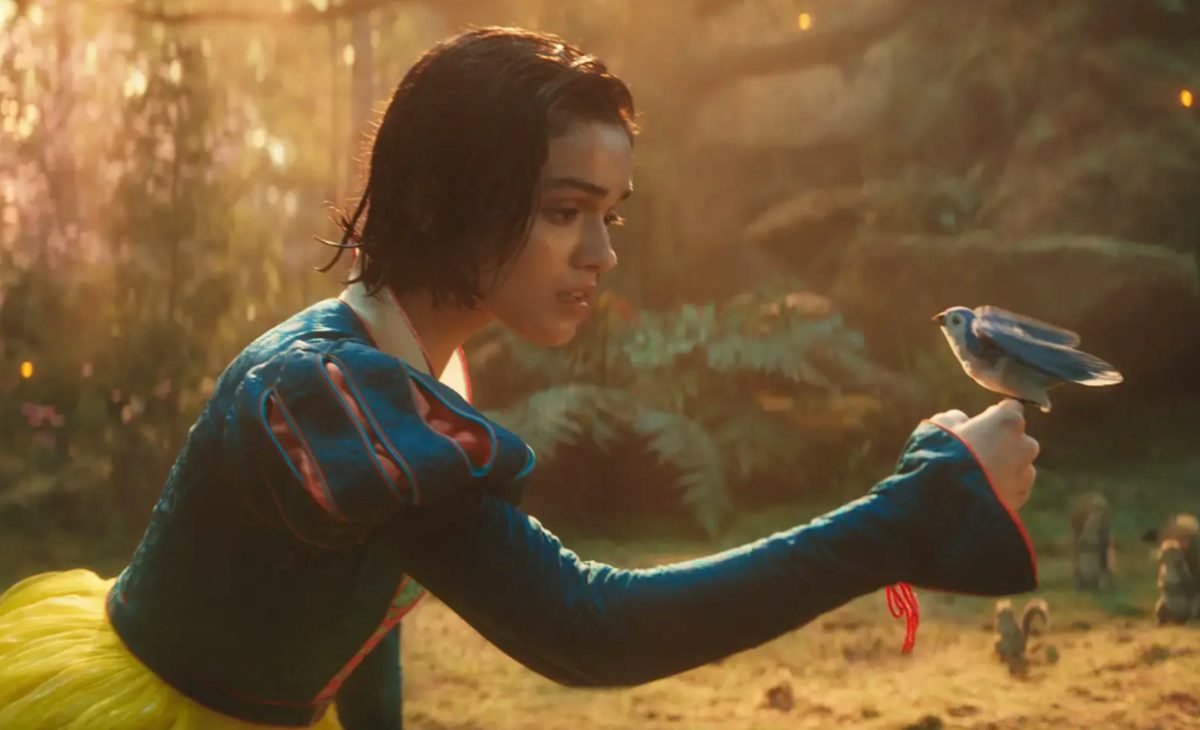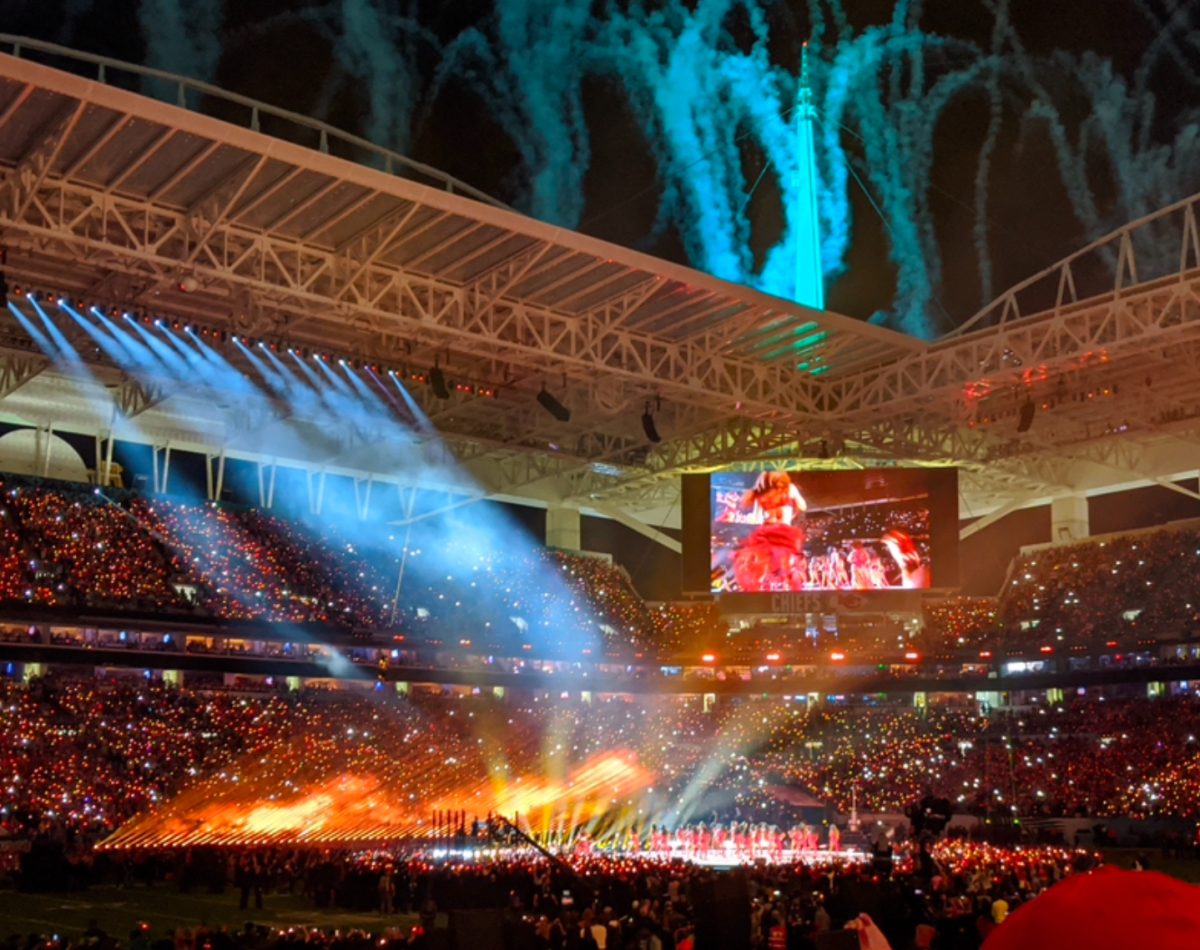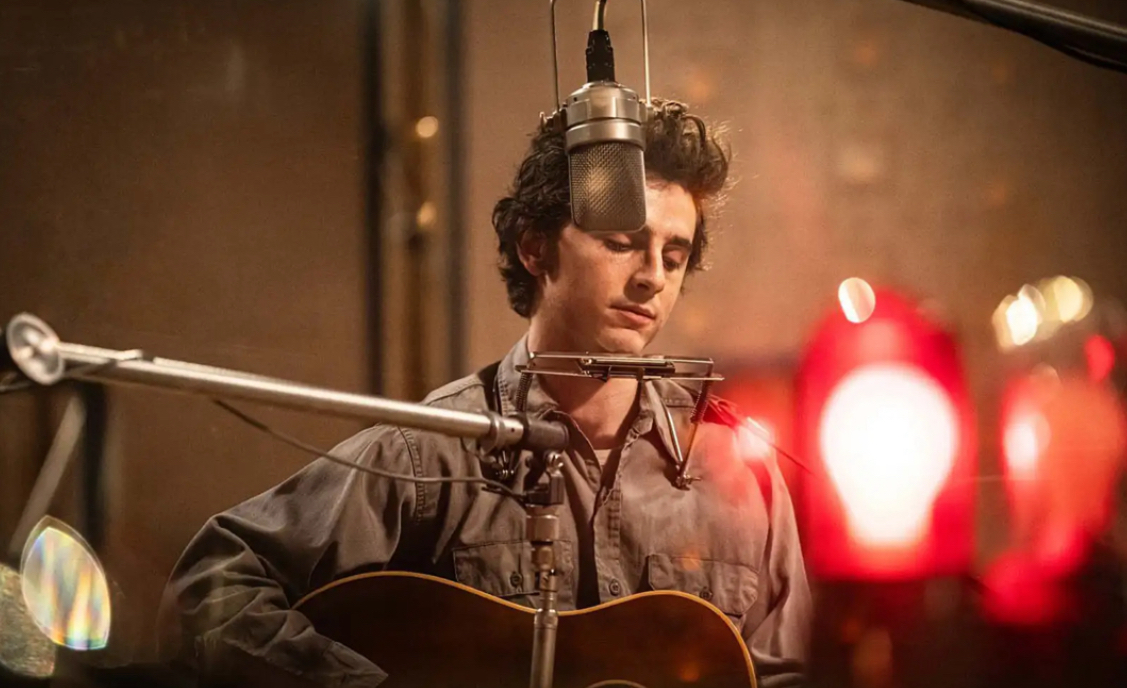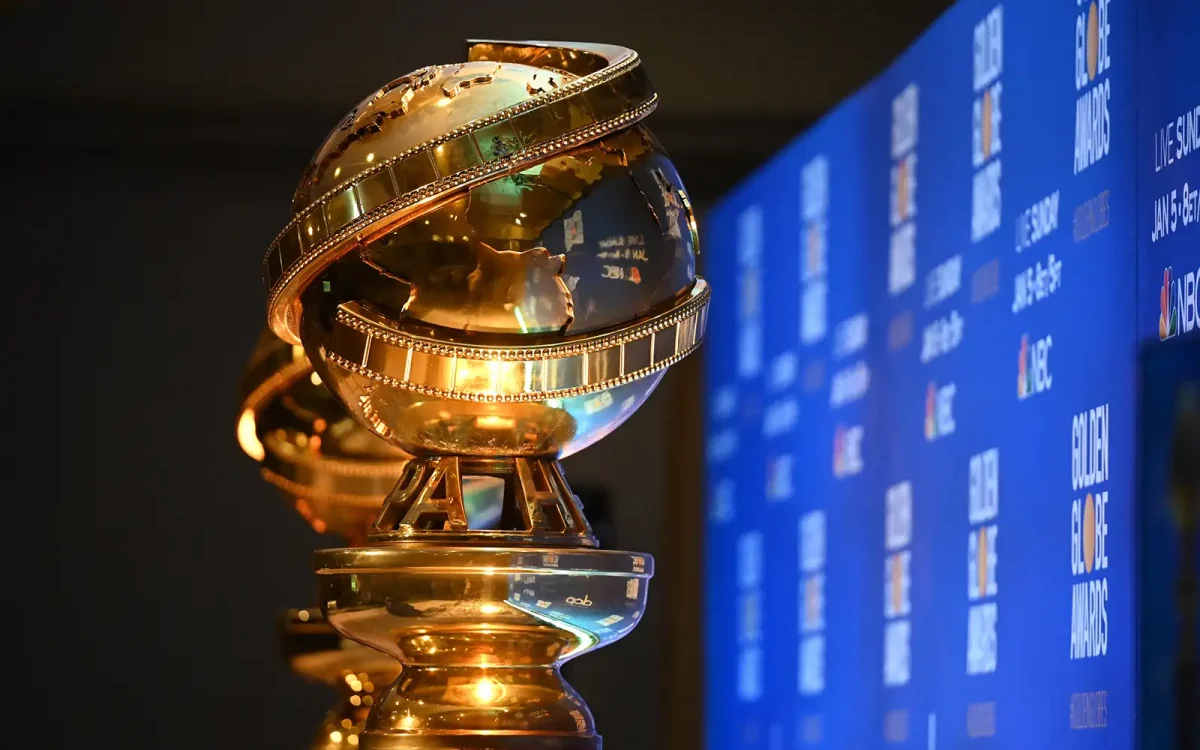On June 9, 2019, an estimated 5.5 million people tuned in to watch the 73rd annual Tony Awards, which are taglined as “Broadway’s biggest night,” hosted by TV personality James Corden. The awards celebrate the 2019 season of Broadway shows, including plays, musicals and revivals. “Hadestown,” the haunting acclaimed new musical won eight of their fourteen nominations, and “The Ferryman” won the second most amount of awards, at a total of four.
Of those awards, “Hadestown” was the big winner of the night, taking home Best Musical, Best Original Score and Best Featured Actor (André De Shields, Hermes), as well as awards for the technical aspects of the show (scenic design, orchestrations, sound design and lighting design).
“Hadestown” is an innovative show, using lyrical and visual techniques that make it unique among the other nominees. It is based on the ancient Greek myth of Orpheus (Reeve Carney), and follows him in his journey to the underworld in a quest to bring his lover, Eurydice (nominee Eva Noblezada), back from the dead. It combines the romantic themes of the ancient myth with more modern themes of capitalism and poverty.
Rachel Chavkin, director of “Hadestown,” won Best Direction of a Musical, her first Tony Award. She was the only female director nominated and only the fourth musical director to ever win, and her acceptance speech criticised that.
“We need to see that racial diversity and gender diversity reflected in our critical establishment,” Chavkin said. “This is not a pipeline issue. It is a failure of imagination by a field whose job is to imagine the way the world could be.”
Her speech was met with loud applause. Chavkin has been called a “torchbearer” for female directors aspiring to direct a Broadway show, but she has stated that she wishes she weren’t the only one.
“We’re seeing this incredible renaissance of voices and writers and directors and designers and choreographers working downtown, Off-Broadway, and regionally around the country,” she said backstage.
Chavkin’s speech was an important reminder of the necessity of diversity in theatre. While she spoke about gender and racial diversity, winner Ali Stroker spoke about disabled representation in theatre. In her 2015 debut in Deaf West Theatre’s “Spring Awakening,” Stroker became the first wheelchair user to appear on a Broadway stage.
“This award is for every kid who is watching tonight who has a disability, who has a limitation or a challenge, who has been waiting to see themselves represented in this arena,” she said in her acceptance speech.
This year, she became the first wheelchair user to be nominated for and to win a Tony. She won Best Featured Actress in a Musical for her role as Ado Annie in the revival of “Oklahoma!” Stroker is a New Jersey native, and also guest starred in an episode of “Glee.”
It was a night of firsts for others besides Stroker. Stephanie J. Block won her first Tony for her leading role as Cher in “The Cher Show,” and Elaine May won her first Tony since she began professional acting in 1955. Jessica Paz, sound designer for “Hadestown” was the first woman to be nominated and to win Best Sound Design of a Musical. She shared this prize with sound designer Nevin Steinberg.
Another major award, Best Lead Actor in a Musical, went to Santino Fontana for his role in “Tootsie.” “Tootsie” is a new show based on the 1982 movie of the same name, and has garnered both positive critical reviews and controversy among Broadway fans online. The show is a musical comedy about an infamous out-of-work actor who dresses up as a woman in order to get a part.
Broadway fans have called the show transphobic, as many of the jokes center around the idea of a “man in a dress.” It has also been called sexist due to the idea that it is easier to get a job and be successful as a woman. Opponents to this have said this is not the central message of the show, and it is simply meant to be funny.
“Tootsie” also won Best Book of a Musical for the script written by Robert Horn. Horn is known for his work on the scripts of “Teen Beach Movie” and its sequel, as well as “The Suite Life Movie.”
For the plays, “The Ferryman” was the big winner of the night. “The Ferryman” is set in Northern Ireland during a time of political and nationalist conflict. During this time, commonly referred to as The Troubles, people were secretly abducted and murdered, with no notice to the families. “The Ferryman” tells the story of one of these families.
“In a time when we’re considering our own divided nature in this nation, ‘The Ferryman’ reminds us of just what kind of toll such divides can take not only on a country, but even within a family,” theatre critic Ben Brantley said.
It won Best Play, Best Direction of a Play (for director Sam Mendes) and Best Scenic Design of a Play and Best Costume Design of a Play (both for Rob Howell).
Best Lead Actor and Actress in a Play went to Bryan Cranston in “Network” and May in “The Waverly Gallery,” respectively.
The 73rd Tonys were a night to celebrate great theatre, whether shows won or lost. This year received special acclaim from fans because no one show dominated every category, as had happened in recent award shows. This allowed for more shows to be highlighted for their strengths. Overall, the show was a success for actors, technicians and viewers, and left theatre-goers with many additions to their lists of new shows to see.
The big winners at the 73rd annual Tony Awards
June 12, 2019
0
More to Discover


